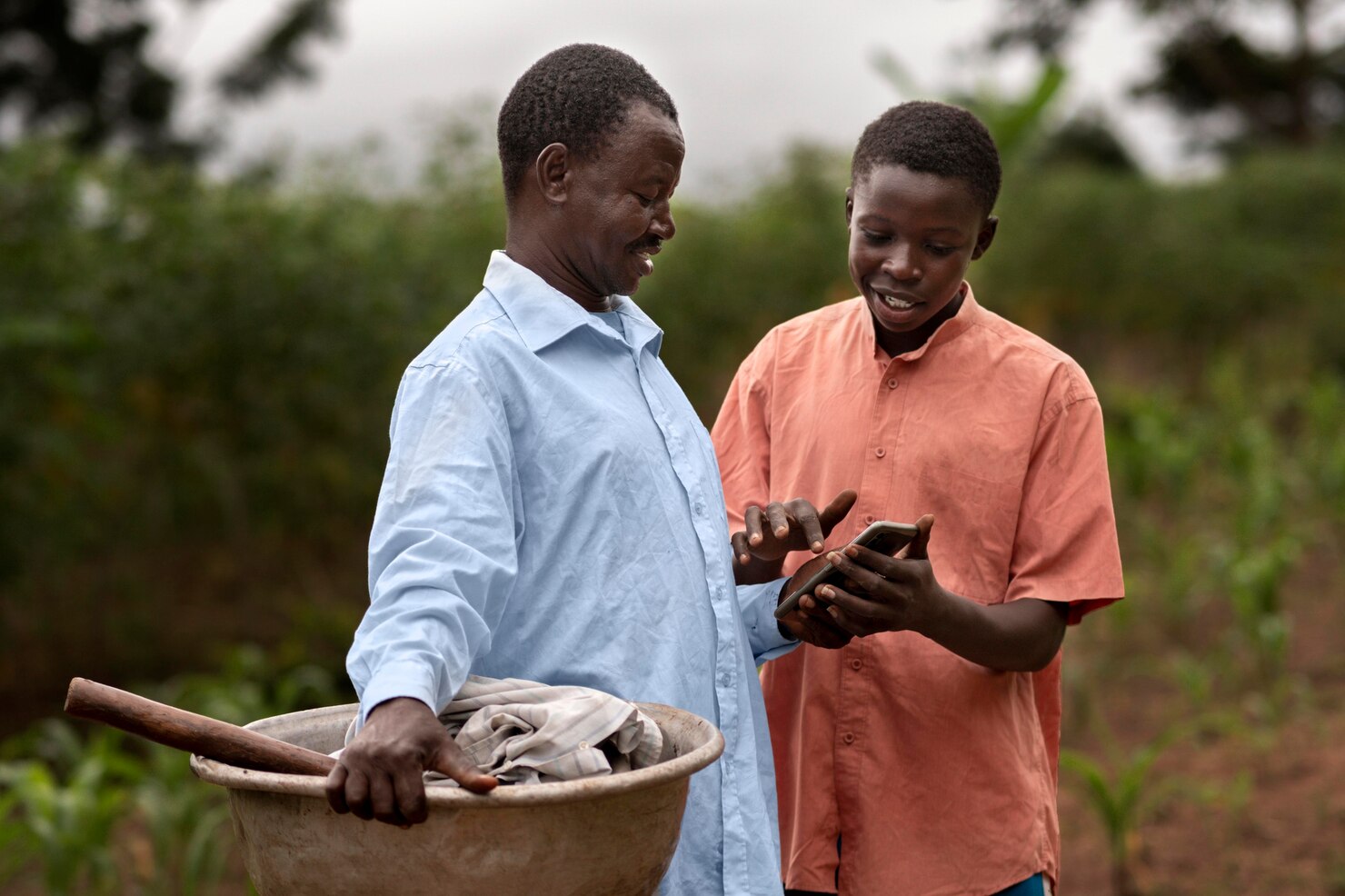Mobile Phone Surveys for NCD behavioral risk factors
Overview
For several decades, high-income countries have supplemented in-person data collection with telephone surveys, such as the Behavioural Risk Factor Surveillance Survey. These have been validated as unbiased sources of population-level data on behavioral risk factors for several chronic conditions. With the exponential growth of mobile phone access and ownership in low-and middle-income countries (LMIC), there is an opportunity to complement traditional household surveys with more frequent surveillance through the use of mobile phone surveys (MPS).

Our team leads the Data4Health Initiative’s work on MPS to strengthen public health surveillance in LMIC, with a particular focus on monitoring noncommunicable disease (NCD) behavioral risk factors. Since 2015, our team has operated as an R&D hub—designing and testing survey methods such as sampling, mode choice, questionnaire design, and weighting, while rigorously evaluating feasibility, representativeness, validity, and reliability across diverse settings. Their findings have shaped best practices for cost-efficient, rapid, and representative data collection, directly informing the U.S. Centers for Disease Control and Prevention (CDC) and national partners as they implement mobile phone surveys for ongoing population health tracking and decision-making.
Several of our publications in the D4H resource library describe the impact of mobile phone surveys across the countries where we work.
Explore the D4H resource library
Research objectives
The objectives of the NCD component of D4H are:
Evaluate the feasibility and data quality of mobile phone surveys (MPS)
Evaluate the feasibility and data quality of mobile phone surveys (MPS) for collecting nationally representative health and NCD risk factor data in low- and middle-income countries.
Assess the validity and reliability of indicators
Assess the validity and reliability of MPS-derived indicators compared to traditional household survey benchmarks to inform methodological best practices.
Optimize survey design and implementation
Optimize survey design and implementation through experimentation with sampling frames, question wording, weighting, call scheduling, and incentive structures to improve response and representativeness.
Examine the cost-effectiveness and operational efficiency
Examine the cost-effectiveness and operational efficiency of MPS as a scalable alternative or complement to in-person data collection systems.
Address ethical, legal, and societal implications (ELSI)
Address ethical, legal, and societal implications (ELSI) by developing and applying frameworks to ensure privacy, equity, informed consent, and responsible data use in mobile-based surveillance systems.
Collaborating Institutions
The BSPH team collaborates with NCD and Epidemiology experts from the Centers for Disease Control and Prevention, the CDC Foundation, the World Health Organization (WHO), and research partners in Bangladesh, Colombia, Tanzania, and Uganda. Together, these partners contribute to the Bloomberg Philanthropies' objective to support countries in generating quality data more frequently at a lower cost. This leads to better programs, improved health outcomes, and better quality of life for people in the partnering countries.
JHU Research Team
Dustin Gibson, PhD, MS, (Principal Investigator), Associate Research Professor
Helen Kuo, MPH, Research Associate II
Andres Vecino-Ortiz, PhD, MSc, MD, Associate Research Professor
Saifuddin Ahmed, PhD, MBBS, Professor
Joe Ali, JD, Associate Professor
